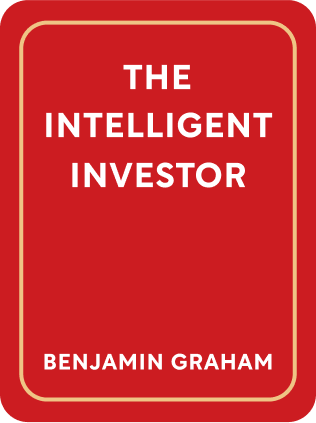

This article is an excerpt from the Shortform book guide to "The Intelligent Investor" by Benjamin Graham. Shortform has the world's best summaries and analyses of books you should be reading.
Like this article? Sign up for a free trial here .
What are the two types of investors? Is one type of investing more likely to get better results than another?
In The Intelligent Investor, Ben Graham describes two types of investors: defensive investors and aggressive investors. Defensive investors don’t want to spend time investing. Aggressive investors love looking for new stocks and ideas. Both are good tactics.
Read more about the two types of investors and how they work.
The Two Types of Investors
Having distinguished investors from speculators, Graham then defines two different types of intelligent investors: defensive investors and aggressive (or enterprising) investors.
Defensive investors want to avoid spending too much time on investing. They like simplicity and don’t love thinking about investments or money. Their goal is to perform on average in line with the market, and to avoid serious mistakes.
Aggressive investors are willing to devote serious time and energy to research stocks and select good ones. They enjoy thinking about money and see smart investing as a competitive game they want to win. Their goal is to achieve better returns than the passive investor (Graham says an extra 5% per year, before taxes, is necessary to justify all the effort.)
Both approaches can be intelligent and can perform well. The key is choosing the right type of investment for your temperament and goals, to stick with it over your entire investment timeline, and to keep your emotions well under control.
Exercise: What Kind of Investor Are You?
There are two types of investors. Define what kind of investor you should be.
- Are you currently an investor or a speculator? Remember that investment is an “operation that, through extensive analysis, provides an adequate return and safety of principal.” investors always consider the underlying value of what they’re buying.
- Have you ever speculated before? What did you do, and what was the result?
- Going forward, how much time are you willing to spend on investment?
- What are your expectations of returns, relative to the market average?
- What kind of investor should you be? Why would you not want to be the other kind of investor?

———End of Preview———
Like what you just read? Read the rest of the world's best book summary and analysis of Benjamin Graham's "The Intelligent Investor" at Shortform .
Here's what you'll find in our full The Intelligent Investor summary :
- Key advice from what Warren Buffett considers the "best book about investing"
- The 2 major indicators you should use for evaluating stocks
- How you can use aggressive or defensive investing strategies






